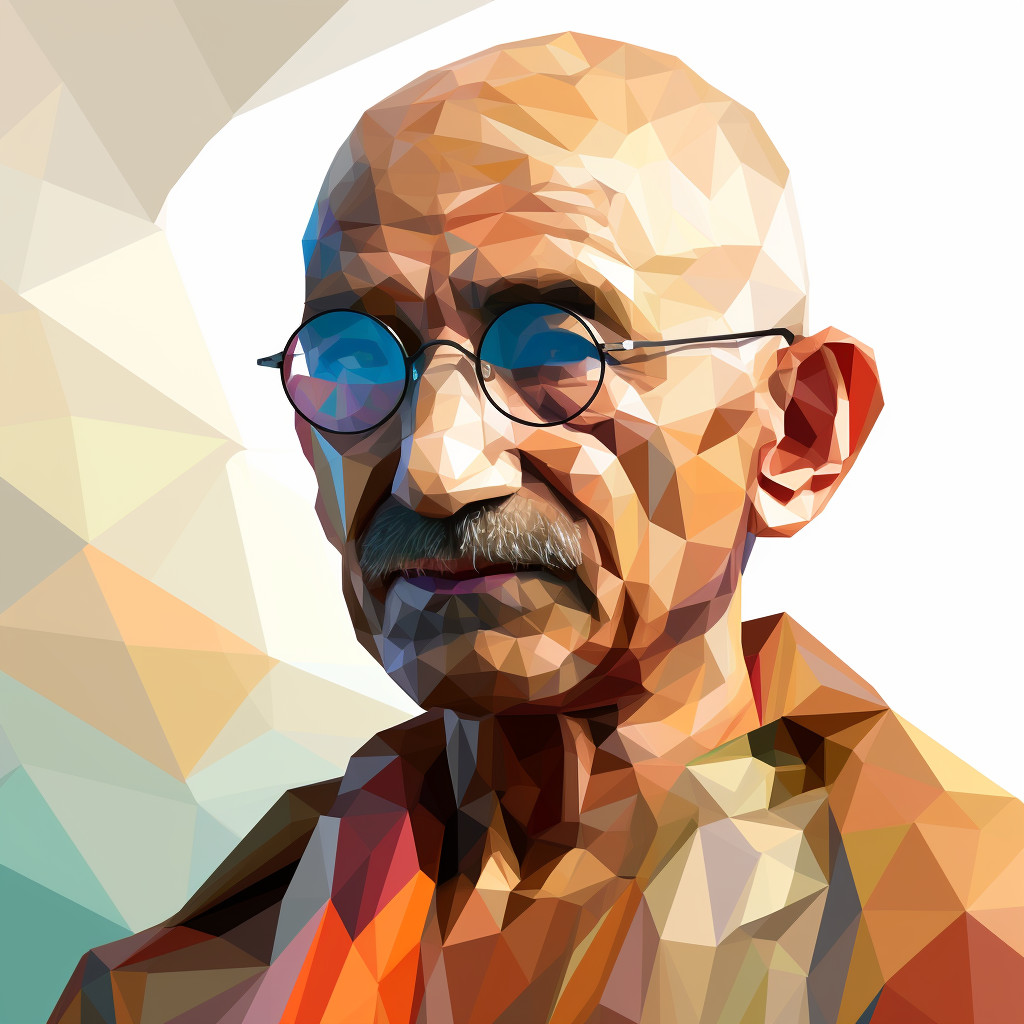This quote suggests that all religions or faiths are expressions of the same ultimate truth. They are different paths leading to the same destination. However, each religion or faith, being interpreted and understood by humans, is inherently imperfect and prone to mistakes. This is because human understanding and interpretation are limited and colored by individual experiences, cultural contexts, and personal biases.
The ‘revelation of Truth’ part implies that every faith has elements of truth in it, and they all provide a means for people to understand the world and their place in it. However, the ‘imperfect and liable to error’ part acknowledges that no single faith can claim absolute or exclusive truth. This is because our understanding of the divine or ultimate reality is limited by our human capacities.
Applying this idea to today’s world, it can foster interfaith dialogue and promote religious tolerance and peace. Recognizing that all faiths are different paths to the same truth can help reduce religious conflicts and promote mutual respect among people of different faiths. It encourages us to focus on the commonalities rather than the differences among religions.
From a personal development perspective, this idea can help foster an open-minded and humble attitude. It encourages us to learn from different faiths and philosophies and to acknowledge that our own beliefs and perspectives are not infallible. It can also encourage us to keep seeking truth and wisdom, knowing that our understanding is always partial and imperfect.







